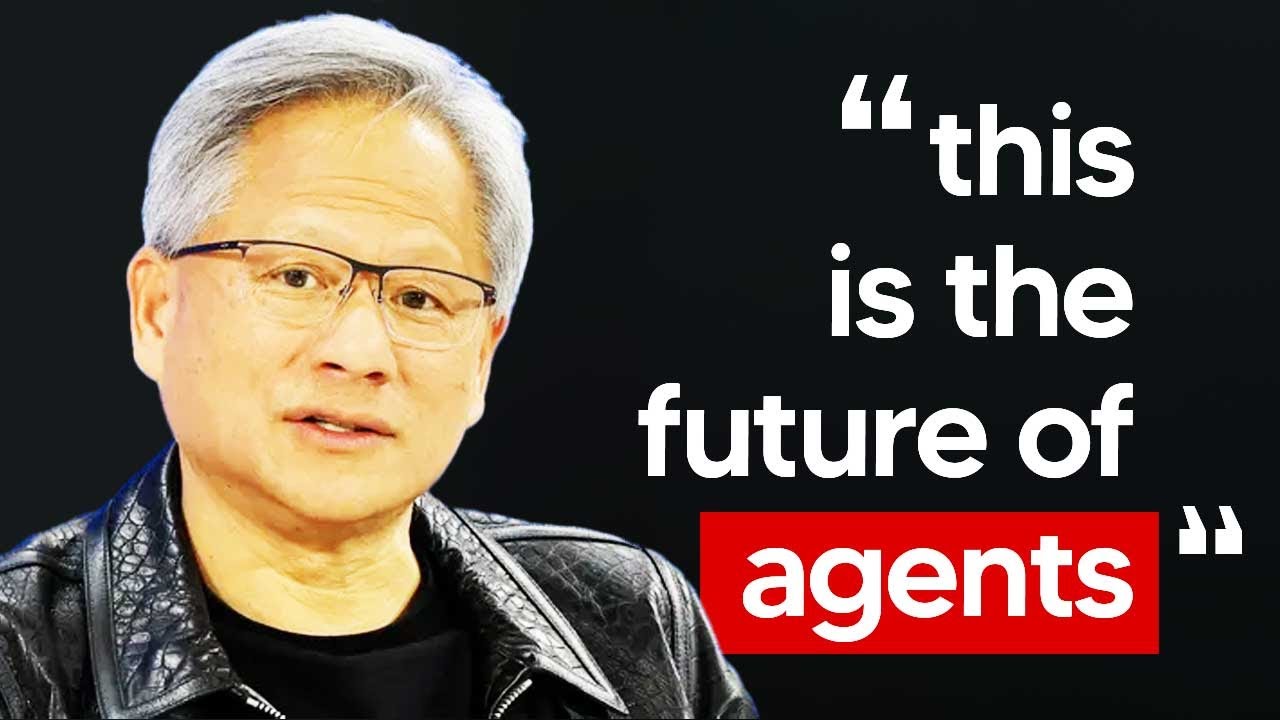At the Nvidia AI Summit in Japan, Senten Kuang discussed the future of AI agents, predicting that by 2025, these digital workers will enhance productivity across various sectors by understanding, planning, and executing tasks like marketing and customer service. Nvidia’s platform, Nemo, aims to support the development of these agents, emphasizing their role as collaborative tools that can handle about 50% of workloads, while also exploring the potential for personal AI agents to assist individuals throughout their lives.
In a recent address at the Nvidia AI Summit in Japan, Senten Kuang discussed the future of AI agents, predicting that 2025 will be a pivotal year for their development and deployment. He highlighted the emergence of digital AI workers, referred to as AI agents, which can understand, plan, and take action across various tasks. These agents are designed to function like digital employees, capable of executing marketing campaigns, supporting customer service, optimizing supply chains, and assisting in research and education. The training and evaluation of these agents are crucial, as they need to be tailored to specific company needs and monitored to ensure they perform their designated roles effectively.
Nvidia aims to provide the enabling technology for the ecosystem to create and scale these AI agents rather than delivering final products or services. Their platform, called Nemo, includes libraries that support the entire AI agent lifecycle, from data curation to training and evaluation. Collaborations with various companies, including Accenture and ServiceNow, are underway to integrate these AI agents into existing workflows, allowing businesses to enhance productivity and efficiency through automation and real-time insights.
The presentation also introduced the concept of “gentic AI,” which utilizes sophisticated reasoning and iterative planning to tackle complex problems. Examples of AI agents in action include those that can expedite marketing campaigns, optimize supply chain operations, and enhance software security processes. Nvidia’s blueprints and microservices, known as Nims, facilitate the rapid development and deployment of AI applications, enabling enterprises to automate processes and improve workflow efficiency.
Kuang emphasized that while no AI agent can perform 100% of any job, they can effectively handle about 50% of the workload, thereby augmenting human capabilities rather than replacing them. This shift in perspective encourages businesses to view AI as a collaborative tool that can enhance the productivity of their workforce. The discussion also touched on the potential for personal AI agents, which could accompany individuals throughout their lives, assisting with various tasks and learning from their interactions.
The future of personal AI agents was highlighted as a significant theme for the coming years, with the potential for these agents to develop meaningful relationships with users. As AI technology evolves, these personal agents could serve as companions, educators, and advisors, ultimately taking actions on behalf of their users. The vision presented suggests a future where AI agents are integral to daily life, providing support and enhancing personal and professional experiences.
